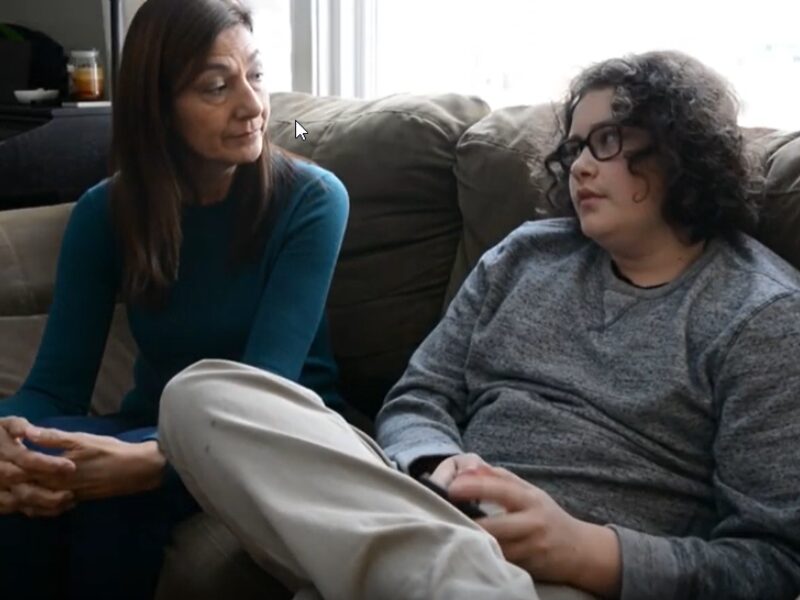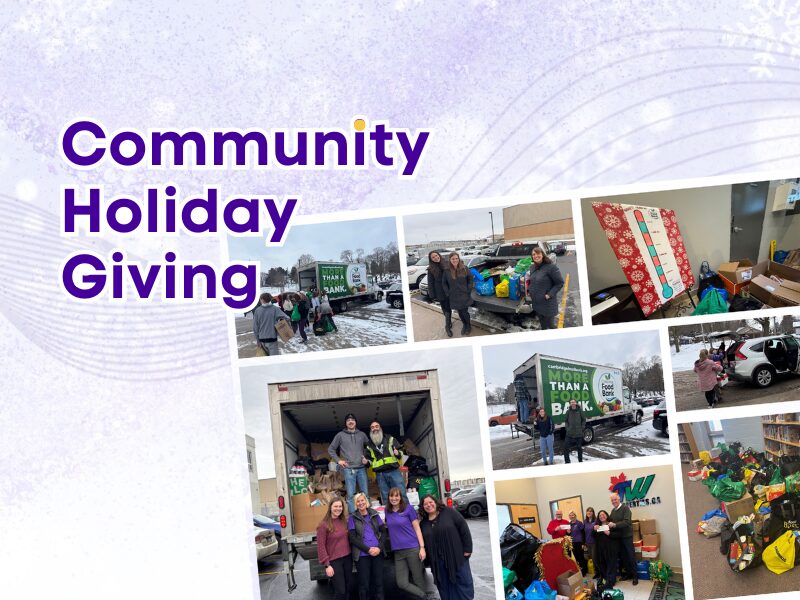Emotion Regulation and Distress Tolerance Strategies for Teens: Validation

Regardless of the situation your teen’s heightened emotion came from, validate how your teen is feeling. This is a simple, yet powerful tool.
Validating means that you recognize and understand (or at least want to understand) how they are feeling, and that you hold no judgement toward that feeling.
Once a person feels heard and validated, they are often able to be more open to hearing other perspectives or possible solutions. Validating statements also often invite more conversation and sharing. Here are some examples of effective validation:
1) Teen says, “I will never set foot in that school again.”
Parent says, “Wow, something is really bothering you about school. It sounds like you’re having a hard time.” (instead of saying “You WILL go to school tomorrow.”)
2) Teen says “I give up. My life won’t ever get better.”
Parent says, “Sounds like you’re feeling hopeless about your situation.” (instead of saying “Things will get better, I promise!”)
3) Teen says “My friends all hate me.”
Parent says “I know it’s really important to you to be liked by your friends. I can imagine you feel worried about losing them” (instead of saying “Your friends LOVE you – Laura just called you!!”)
Instagram Feed
"Watching a family access shelter and continuously being denied on their housing rental applications is difficult. However, the look on their faces and the joy they share upon securing housing is an amazing feeling. I am grateful to be part of a team that supports at-risk families."












